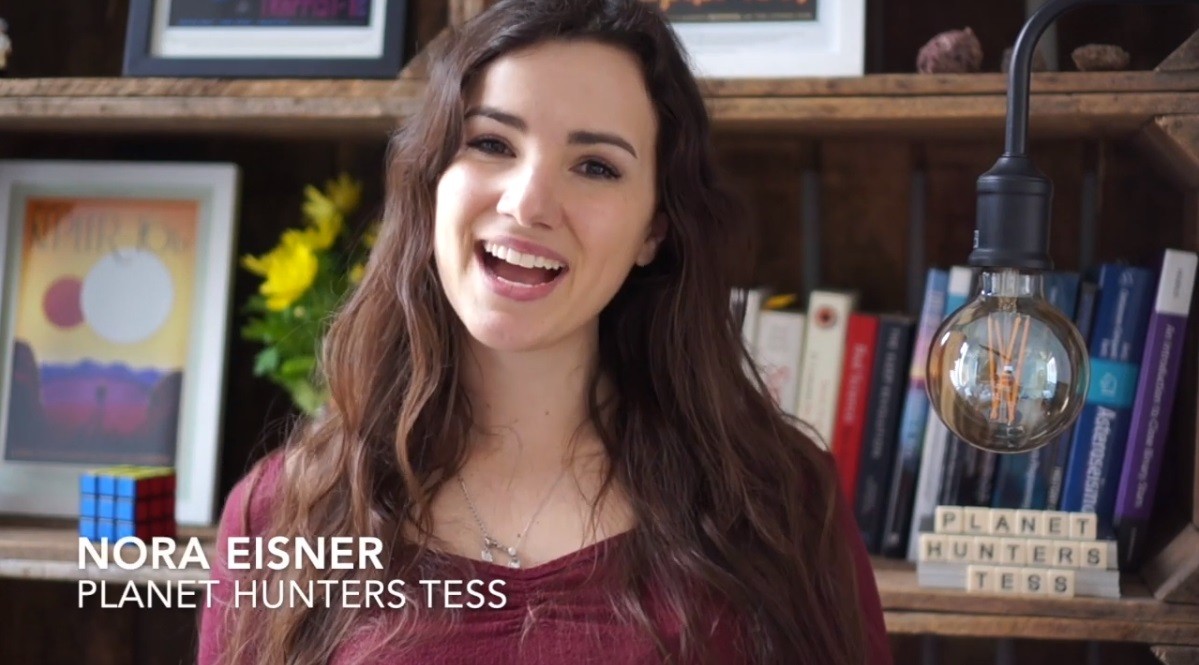On Wednesday 24th February from 7:30pm Nora Eisner from the University of Oxford will be talking to us about TESS and the citizen science project its data has inspired.
Nora is a PhD student and her research focuses on citizen-powered exoplanet discoveries using NASA’s TESS (Transiting Exoplanet Survey Satellite) data.
As the leader of this exciting project she collates the returns from the citizen science campaigns, analyses them, and follows-up on the most promising detections using ground based facilities. The analysis of the extremely large time-series data sets has a strong emphasis on applying various statistical processes, as well as using machine learning in order detect exciting new planet systems that were missed by the main pipelines and other teams of professional astronomers.
The evening will be run using Zoom. The Link is https://zoom.us/j/3212071969?pwd=TFcwVCt6Y3hiNFdta011elI1M3dlZz09
Abstract: Since the first unambiguous discovery of an exoplanet in 1995, over 4,000 more have been confirmed, and studies of their characteristics have unveiled an extremely wide range of planetary properties in terms of their mass, size, system architecture and orbital periods. While dedicated planet detection algorithms are able to identify the vast majority of planets in data obtained with spaced satellites, they miss certain types of planets that are key to the further development of our understanding of how these systems form and evolve. In this talk, I will discuss how we can harness the power of citizen science, and in particular Planet Hunters TESS, to find these more elusive planets with the help of tens of thousands of volunteers. I will present some of our exciting findings, including both planets and exotic stellar systems, and show that human classification still plays a vital role in a world that is becoming increasingly automated.

